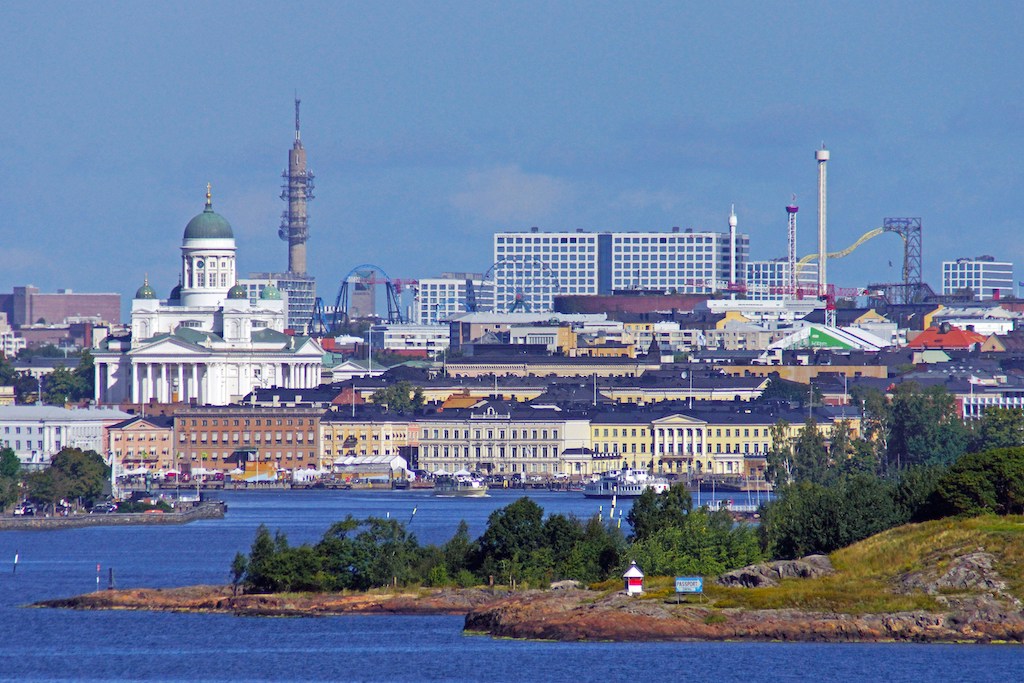Helsinki has been named the world’s most sustainable travel destination, ranking number one in the latest Global Destination Sustainability (GDS) Index for the first time.
Gothenburg, Sweden — which has held the top spot for seven of the previous eight years — came in second, followed by Copenhagen, Denmark, which retained third place.
The top ten also included Bergen, Norway; Aarhus, Denmark; Bordeaux, France; Singapore; Oslo, Norway; Belfast, UK; with Sydney, Australia completing the top ten.
Topping the GDS-Index with an impressive 92.43%, Helsinki also received the Leadership Award at the GDS-Awards for its pioneering efforts in sustainable destination management, with projects like the Urban Climate Leaders in Tourism group and an ambitious biodiversity strategy.
The city is committed to achieving carbon neutrality for the destination and net zero for its events by 2040. Additionally, Helsinki’s focus on engaging residents in decision-making processes sets it apart as a leader in climate action and urban sustainability.
In the Asia Pacific region, several destinations have surged into the Top 40 rankings, underscoring an increased emphasis on sustainable travel. Singapore and Sydney emerged as leaders in this movement, securing the top positions in their region and reflecting a growing commitment to more sustainable tourism practices.
In Central and Southern Europe, Bordeaux claimed the top spot, surpassing Glasgow, while Zurich also climbed the ranks, demonstrating a strong commitment to sustainability. Paris made a notable entry at fifth place, highlighting the city’s innovative approaches to more responsible, responsive tourism and sustainable infrastructure.
In North America, Victoria has overtaken Montreal this year, showcasing its growing reputation as a sustainable travel destination. Meanwhile, Quebec, Edmonton, and Ottawa have maintained their positions, emphasising their ongoing dedication to responsible practices that attract travellers seeking more environmentally friendly experiences.
The GDS-Index measures the sustainability of travel destinations across four different categories – Destination Management, Supplier Performance, Environmental Performance, and Social Performance – using more than 70 indicators.
Meanwhile, the 2024 GDS-Awards shine a spotlight on destinations that are not only reducing environmental harm but are also actively contributing to the well-being of local communities and economies through a regenerative approach to tourism and events.
Copenhagen won the Impact Award for its groundbreaking “Copenhagen Legacy Lab” (CLL) initiative. This project focuses on creating long-term positive impacts from international congresses and events, extending beyond immediate economic gains. By encouraging event organisers to collaborate strategically, CLL contributes to local development in sectors such as sustainability and healthcare, offering an open-source model that other cities can adopt.
Copenhagen was also recognised with the Innovation Award for its inventive “CopenPay” initiative, which incentivises visitors to engage in sustainable behaviours, such as using environmentally friendly transportation or participating in local clean-up activities, by offering rewards like free guided tours, complimentary kayak rentals, and vegetarian meals.
Kumamoto, Japan, received the Most Improved Destination Award, thanks to its remarkable 42.39% improvement in its GDS-Index score over the past year.

